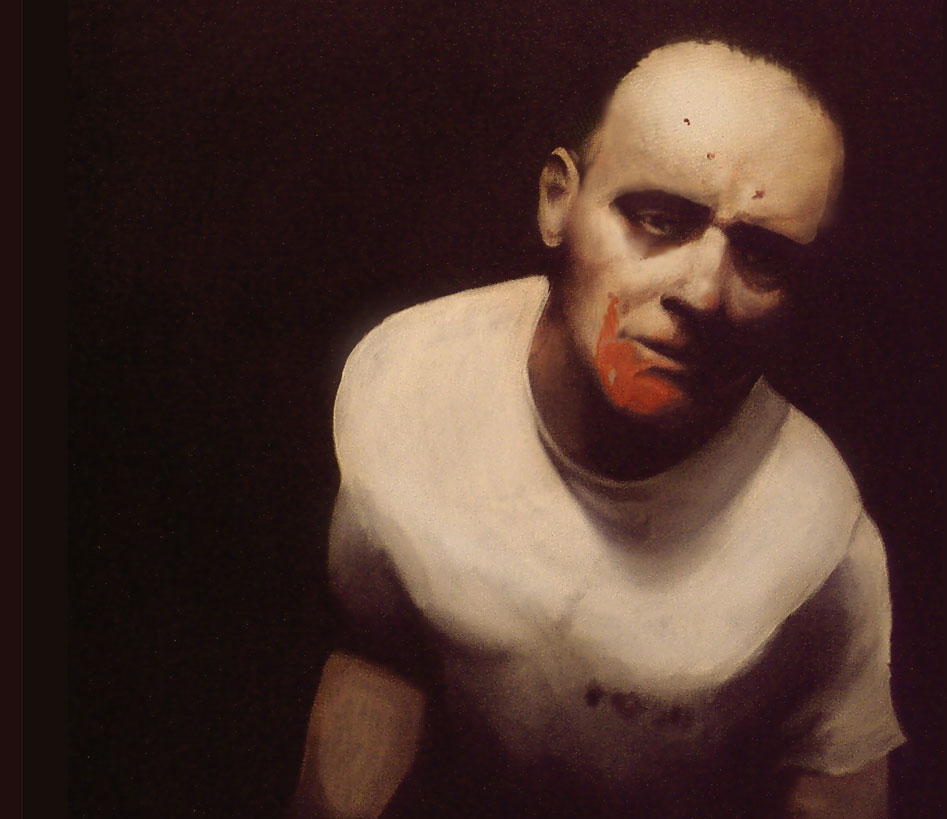(#89) Uncle Tom's Cabin by Harriet Beecher Stowe
Some novels became so iconic and historic that the prose and some of the work's greatest ideas become lost. For example. sometimes people forget that Hannibal Lector isn't the villain in Silence of the Lambs or that Jaws is more of an internal struggle for Chief Brody than an action-packed, shark-hunting adventure. With Uncle Tom's Cabin, I feel the mischaracterization of what an "Uncle Tom" is undermines the influence or general feel of the novel. Because of this negative sentiment, I think Harriet Beecher Stowe's masterpiece have been bastardized by people who may never have even read the book.
Uncle Tom's Cabin may be the best book I ever read. It didn't leave me wanting tune in next week like Hitchhikers Guide to the Galaxy did or rethink my existence like some other varieties; Stowe left me with a different, hard-to-describe, but more profound feeling. Her novel is sad in a "oh fuck slavery's evil" sort of way, but sweet and rewarding, too. Numerous characters possess great depth -- slave and slave owners alike. As for a storyline, Tom's tortured tale of being sold down river makes you laugh, pulls at your heart, and forces you want to want to hug him, a lot. And that's where this whole damn Uncle Tom thing came from.
Bottom line: Uncle Tom is a nice guy. He exhibits Christ-like patience, while enduring Christ-like suffering. A devout Methodist, Tom always, ALWAYS turns the other cheek. He's nice to everyone: slave, slave owner, slave auctioneer, slave trader, whatever. No matter how cruel or much pain they inflict on him, Tom remains dutiful and kind. His faith in God is astounding, even at the lowest points in his life. Ultimately, Tom just wants to be returned to his wife and children. Although many sold slaves pine for their lost families, Tom's desire goes beyond this world. It doesn't matter if he dies before seeing them again. For him, if death under righteous means occurs, then that's part of God's plan. He's a humble servant to all; the catch, and what earned his name a negative, demeaning connotation, is that he appears resigned to his system and his role.
Because of his religious background, Tom's does as he is told. When his original master (who Tom held in his arms as an infant) sells him to pay off debts, he goes off without complaint. Internally it crushes him, but he rationalizes that his master wouldn't do it unless it was absolutely necessary. Tom just goes with the flow. Looking at the situation literally, you sometimes get angry at Tom for his loyalty. But in his head, he is doing out of love. You can fault him for it, but Tom's loves everyone (even him).
Even when the insanely evil master Simon Legree beats him within an inch of his life, Tom still forgives him and obeys. And people hate that. How can you accept constant torture and still line up, lock in step?
Without reading the novel and understanding Stowe's tone throughout, people misunderstand what Tom is all about. She wants people to think Tom is behaving out of the norm. Intentionally, she names several characters in all different walks of life, Tom. Even though he lives on society's lowest rung, he is still the most virtuous Tom. She does that with other lesser-appreciated groups, as well. The simple kindness within the hear of the little girl Eva and bravery displayed by the fringe, despised Quakers are Christianity in practice. Of all the Christian values people in the 19th century claimed to embody, Tom the so-called "savage", the young ignorant female child, and the backwards, soft Quakers actually lived Christ's message.
After fully digesting the character, it seems foolish to chastise Tom for being too nice.
Politically, no one doubts the impact of Uncle Tom's Cabin. Possibly the most influential American novel ever, Stowe does not sugarcoat her feelings on slavery. What separates the novel from being preachy is her "show not tell" style. For the most part, she paints such vivid pictures of suffering that the reader would be truly unfeeling to remain stoic. Constantly, she compares a slaves injustice with that of a normal citizen in a "how would you feel if ALL 10 of your children were taken from you" sort of way. Stowe employs so many different examples that the novel is hard to read at times because of its graphic nature.
Best of all, Stowe carefully casts the blame on all, not just the South. Having lived in Ohio, Maine, and Florida, Stowe saw both the South's direct shame coupled with the North's head-in-the-sand mentality. In that way, the novel is comparable to the previously-reviewed Gone With the Wind. However, she approaches that differently than author Margaret Mitchell does. The North's parallel guilt doesn't absolve the South of its wrongs. Mitchell almost portrays slavery as a Northern misunderstanding of Southern ways. Stowe flat out says everyone -- North and South alike -- is wrong.
The one point continually hit upon by Stowe is her feeling of hypocrisy toward the Southern thang. She admits that a majority of slave owners are really nice and treat there slaves well. Proportionally, Uncle Tom's Cabin reflects that generalization. However, what happens when the nice slave owner dies? Often, dept, death, or illness splintered plantations and shattered families. Stowe's comments questioned the ideal of slavery as property and shamed all her read her novel into admitting its evils.
--
(#88) The Last of the Mohicans by James Fennimore Cooper
Subscribe to:
Post Comments (Atom)

No comments:
Post a Comment